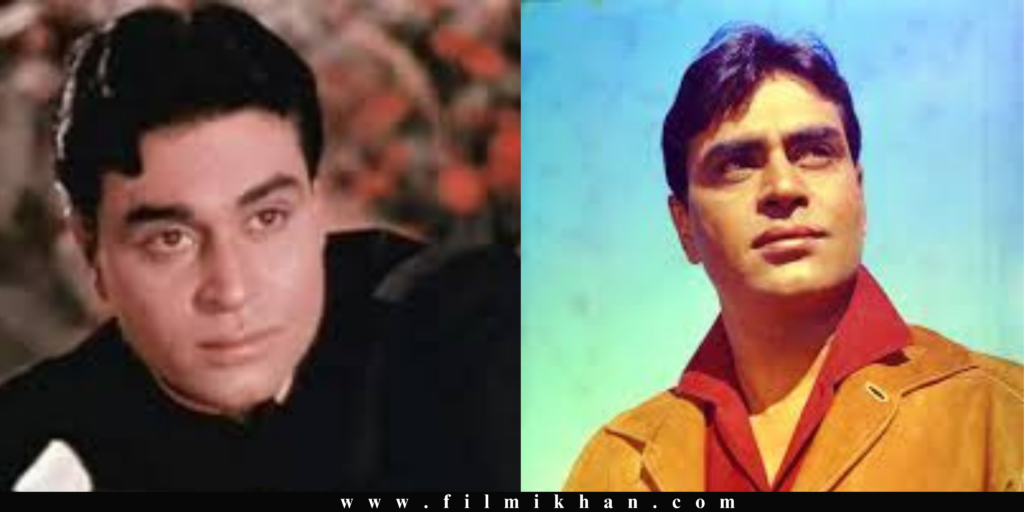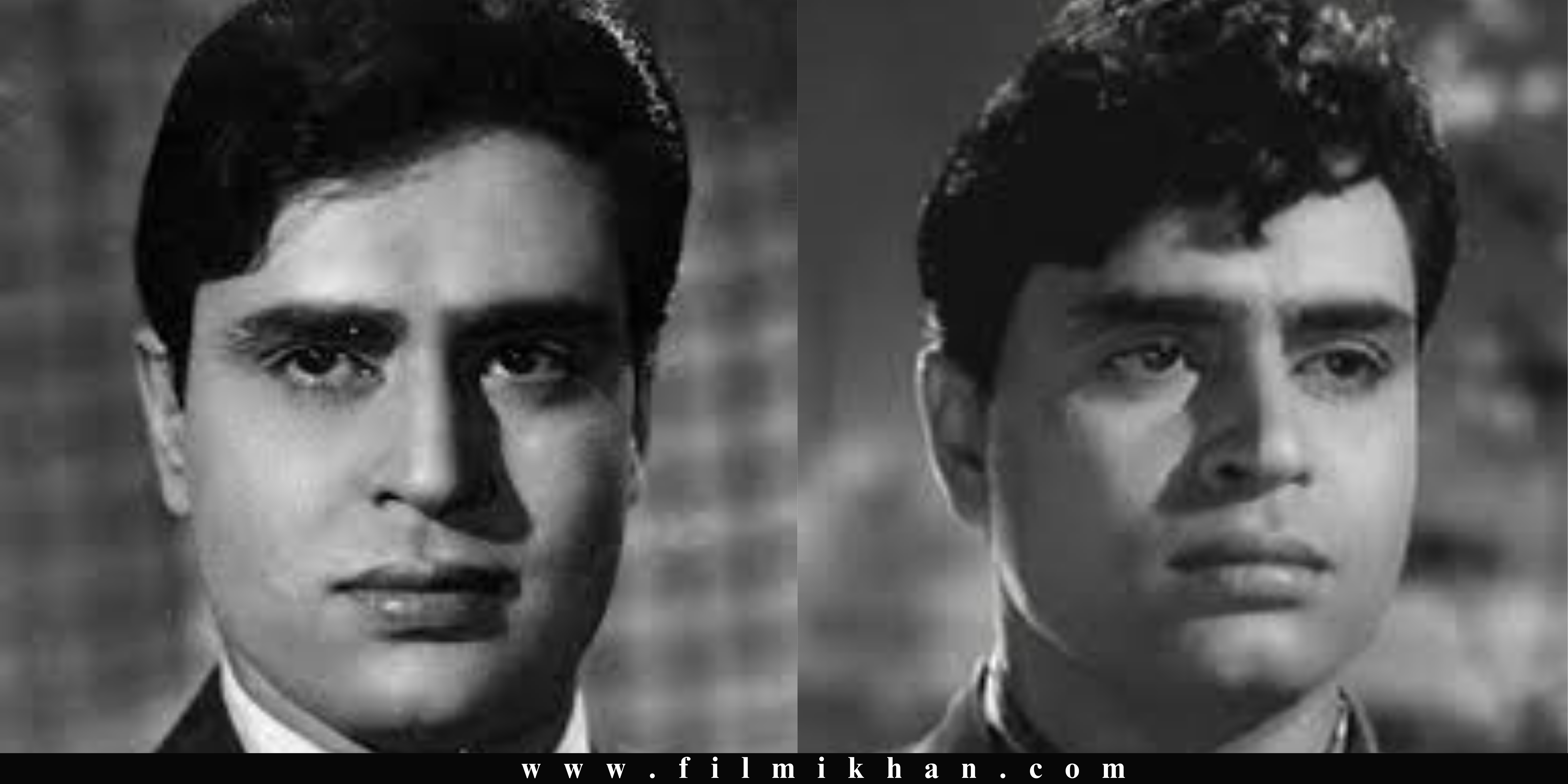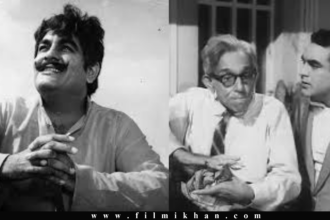
Rajendra Kumar, known as the “Jubilee Kumar” for his string of box-office successes, was one of the most beloved actors in Indian cinema. He was born on July 20, 1929, in Sialkot, Punjab (now in Pakistan), he became a symbol of the golden era of Bollywood. His journey from humble beginnings to becoming one of the highest-paid actors of his time is a tale of talent, perseverance, and charm.
Rajendra Kumar Tuli moved to Bombay (now Mumbai) post-partition and began his career with small roles in the film industry. He first debuted with a cameo in the film Patanga (1949). Despite the initial struggles, his dedication and hard work soon paid off when he landed a significant role in the film “Jogan” (1950). This marked the beginning of a successful career that spanned over four decades.
His breakthrough came with the film “Mother India” (1957), where his performance was highly acclaimed. Following this, Rajendra Kumar delivered a series of hits, including Goonj Uthi Shehnai (1959), Dhool Ka Phool (1959), Kanoon (1960), Gharana (1961), Aas Ka Panchhi (1961), Sasural (1961), Dil Ek Mandir (1963), Mere Mehboob (1963), Sangam (1964), Ayee Milan Ki Bela (1964), Zindagi (1964), Arzoo (1965) and Suraj (1966). He was nominated and won Filmfare Award for Best Actor category for Dil Ek Mandir (1963), Ayee Milan Ki Bela (1964) and Arzoo (1965). He also bagged Best Supporting Actor for the film Sangam (1964). His association with director Naushad and actress Vyjayanthimala resulted in several box-office hits, cementing his place in the industry.
Rajendra Kumar earned the moniker “Jubilee Kumar” due to the unprecedented success of his films. Films like “Mere Mehboob” (1963), “Sangam” (1964), and “Arzoo” (1965) celebrated silver jubilees (running for 25 weeks in theaters), a testament to his immense popularity. His on-screen chemistry with actresses such as Sadhana, Saira Banu, and Mala Sinha captivated audiences, making him a household name.
As the 1970s approached, Rajendra Kumar began transitioning to character roles, showcasing his versatility as an actor. Notable films from this period include “Saajan Bina Suhagan” (1978) and “Dharti” (1970). He also took on production, launching his son Kumar Gaurav in the hit film “Love Story” (1981), which became a massive success.
In 1986 he produced and directed the film Naam, which featured his son Kumar Gaurav alongside Sanjay Dutt. His last film was the 1993 released film Phool. In 1995, he appeared in the television serials Andaz and Vansh which were his last acting roles.
Rajendra Kumar’s contribution to Indian cinema was recognized with several awards and honors. He received the Filmfare Lifetime Achievement Award in 1999 and was honored with the Padma Shri by the Government of India in 1970. He was awarded the National Honour by then Prime Minister Pt. Jawahar Lal Nehru simultaneously for Hindi film Kanoon and Gujarati film Mehndi Rang Lagyo. He got a special Lal Bahadur Shashtri National Award for associating with several charity programmes. His legacy continues to inspire generations of actors and filmmakers.
Rajendra Kumar was known for his simplicity and dedication to his family. He married Shukla, and the couple had three children, including Kumar Gaurav, who followed in his father’s footsteps into the film industry. Rajendra Kumar’s life was marked by his deep sense of humility and philanthropy, often engaging in charitable activities.
Rajendra Kumar passed away on July 12, 1999, after a prolonged illness. His death marked the end of an era in Bollywood, but his films continue to be cherished by fans worldwide. Rajendra Kumar remains an iconic figure in Indian cinema, remembered for his contributions and the joy he brought to countless moviegoers.
Rajendra Kumar’s story is a testament to the power of perseverance and talent in achieving greatness. His films continue to inspire and entertain, ensuring his place in the annals of Indian cinema history.







